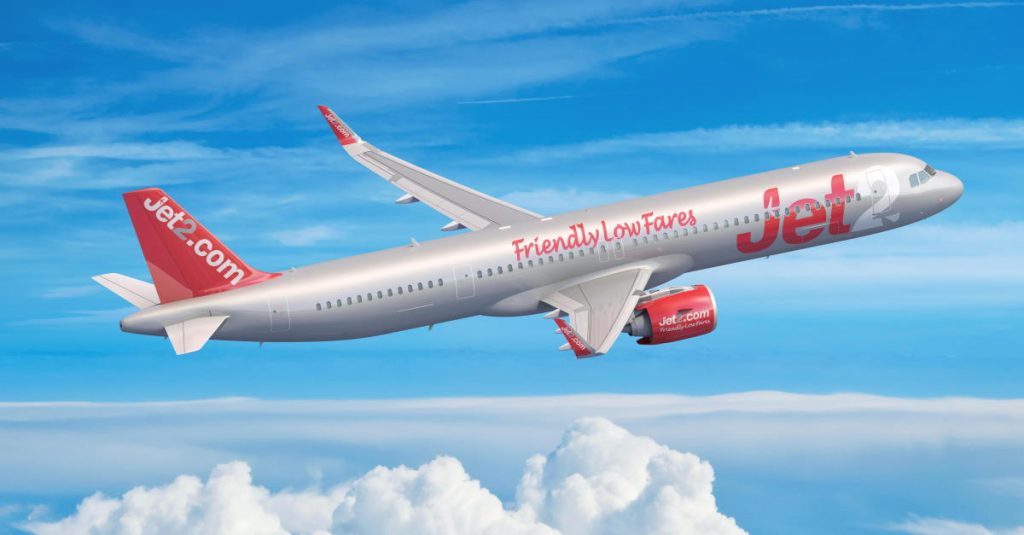Jet2’s CEO has made a compelling case for enhanced governmental support across Europe to accelerate aviation decarbonisation. Recognising the urgency, he emphasises the need to integrate sustainable aviation practices swiftly.
Stating that swift action is essential, the Jet2 leader highlights the significance of implementing their updated sustainability strategy. By aligning with the Science Based Targets initiative, they aim to achieve substantial carbon reductions by 2035.
Jet2’s leadership insists on the necessity for the UK and European governments to significantly bolster investment in sustainable aviation fuel (SAF). The airline has set ambitious targets to have SAF constitute at least 15% of its total fuel consumption by 2035. This strategic move, as articulated by the CEO, demands immediate government action to secure a stable revenue stream for SAF.
Their plan also involves integrating up to 146 new Airbus A321/A320neo aircraft to modernise their fleet. These aircraft, known for their fuel efficiency, are a crucial part of Jet2’s decarbonisation strategy, complementing other fuel-saving technologies in development.
There is a call for multilayered cooperation among European nations to address slow progress in air traffic management reforms. The CEO highlights air traffic inefficiencies as a barrier to achieving desired sustainability goals, urging regional governments to act promptly.
The strategy highlights Jet2’s efforts to support the communities where it operates, aiming to ensure that sustainability impacts are widespread. By investing in new initiatives, Jet2 demonstrates its commitment to economic and environmental prosperity.
He also points out the necessity for airport operators to receive support in upgrading electrical infrastructures. This enhancement is critical to managing the aviation sector’s evolution towards reducing carbon emissions.
The CEO affirms that meeting carbon intensity reduction targets requires vigilance in adopting new technologies and adapting strategies as they become viable. This pragmatic approach ensures that Jet2 remains at the forefront of sustainable aviation initiatives.
The CEO conveyed optimism about the potential for the UK to lead in SAF, carbon capture, and aviation decarbonisation technologies. By leveraging governmental support, the region can seize emerging opportunities and establish itself as an industry leader.
In summary, Jet2’s call for unified governmental action across Europe is clear. A collaborative approach is essential to accelerating aviation decarbonisation effectively. The opportunity to achieve significant sustainability milestones is at hand, underscoring the urgency for immediate action.

